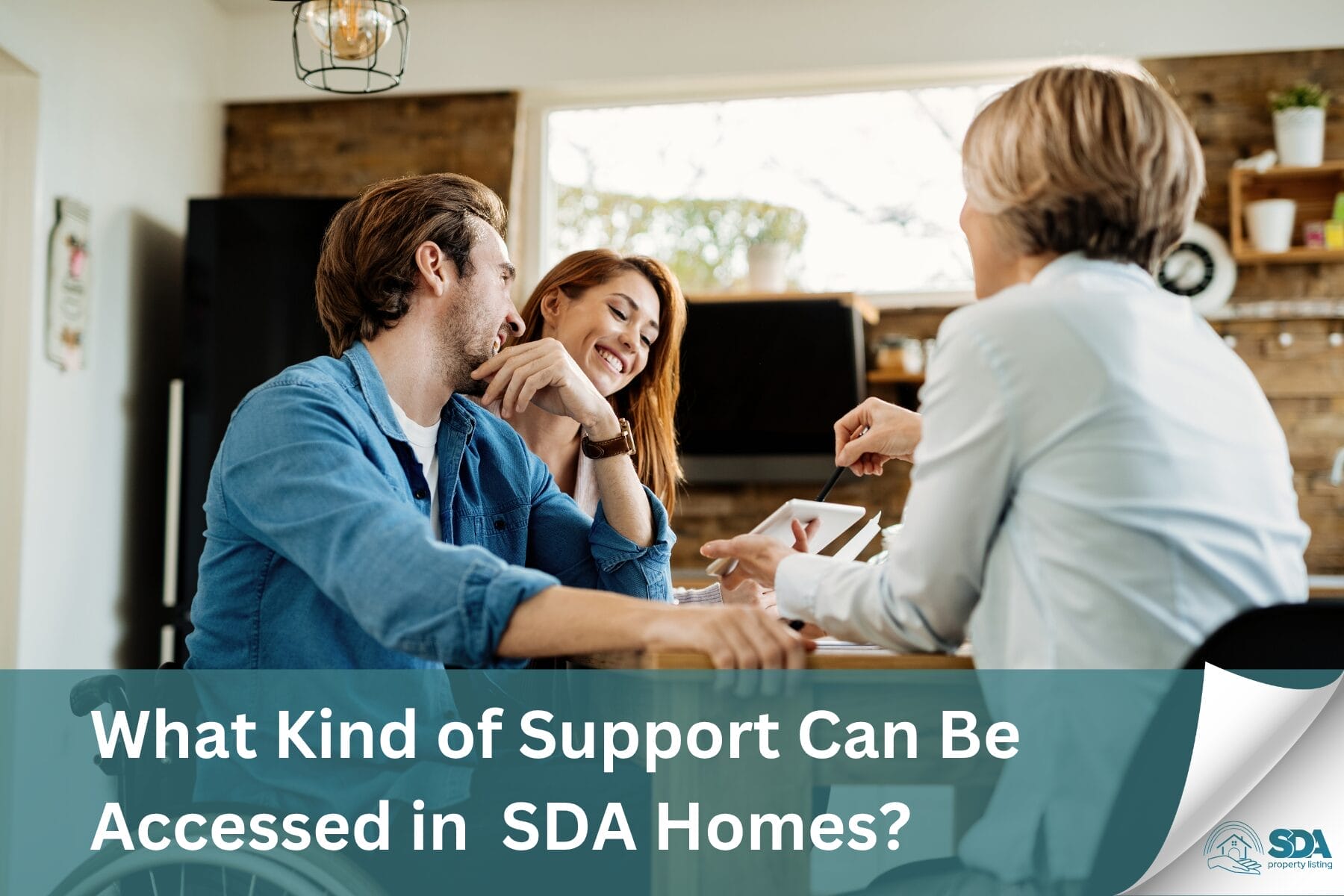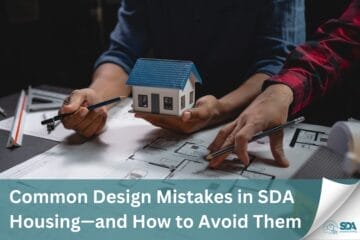
What Kind of Support Can Be Accessed in Specialist Disability Accommodation (SDA) Homes?
Specialist Disability Accommodation (SDA) is designed to provide people with extreme functional impairment or very high support needs a safe, accessible, and comfortable home environment that supports independent living. SDA homes are purpose-built with features that meet the unique needs of residents, enabling greater autonomy and safety.
However, it’s important to understand that SDA funding covers the housing itself — the physical dwelling and its specialist design features — but not the personal support services. These support services are funded separately through the NDIS, typically via Supported Independent Living (SIL) or other Core Supports.
Here’s a breakdown of what you can expect in SDA homes and how supports work together to help you live your best life.
1. Specialist Housing Designed for Your Needs
SDA homes are more than just accessible buildings. They are designed with features such as:
- Wider doorways and hallways to accommodate mobility aids
- Step-free access, ramps, and accessible bathrooms and kitchens
- Grab rails, lever handles, and height-adjustable benchtops
- Automated systems for lighting, blinds, and home security
- Integrated emergency call systems for safety and assistance
These features are funded through SDA and aim to create a home environment that supports your independence and safety.
2. Personal Support Services Are Funded Separately
While SDA provides the home, personal care, daily living assistance, and 24/7 support are funded separately through NDIS supports like SIL or individualised support budgets. This means:
- Support Workers can assist with daily tasks such as personal care, meal preparation, and medication management.
- 24/7 or overnight support may be available depending on your needs and funding.
- Support services are tailored to your preferences and delivered by providers you choose.
This separation ensures you have control over both your home and the supports you receive.
3. Assistive Technology and Accessibility
Many SDA homes include infrastructure for assistive technology to enhance independence, such as environmental controls and emergency systems. Additional assistive devices (like communication aids or mobility equipment) may be funded separately through your NDIS plan.
4. Community, Social Connection, and Skill Development
SDA homes often foster a sense of community and encourage social engagement. Some models, like the Choice Collective, promote interaction among residents and connection with the broader community. Support services can also assist with skill development and participation in social activities, funded through your NDIS supports.
5. Specialist Tenancy Management
SDA providers offer specialist tenancy management to support you throughout your tenancy. This includes:
- Assistance with tenancy agreements and understanding your rights
- Property maintenance and ensuring the home remains accessible and safe
- Working collaboratively with your support networks to promote long-term stability
This tenancy support is part of the housing service and separate from personal care or support services.
Conclusion
SDA homes provide accessible, well-designed housing tailored to your needs, enabling greater independence and safety. However, it’s crucial to understand that SDA funding covers the home itself, not the support services you receive. Personal care, daily living assistance, and 24/7 support are funded separately through SIL or other NDIS supports, giving you choice and control over your supports and lifestyle.
References









